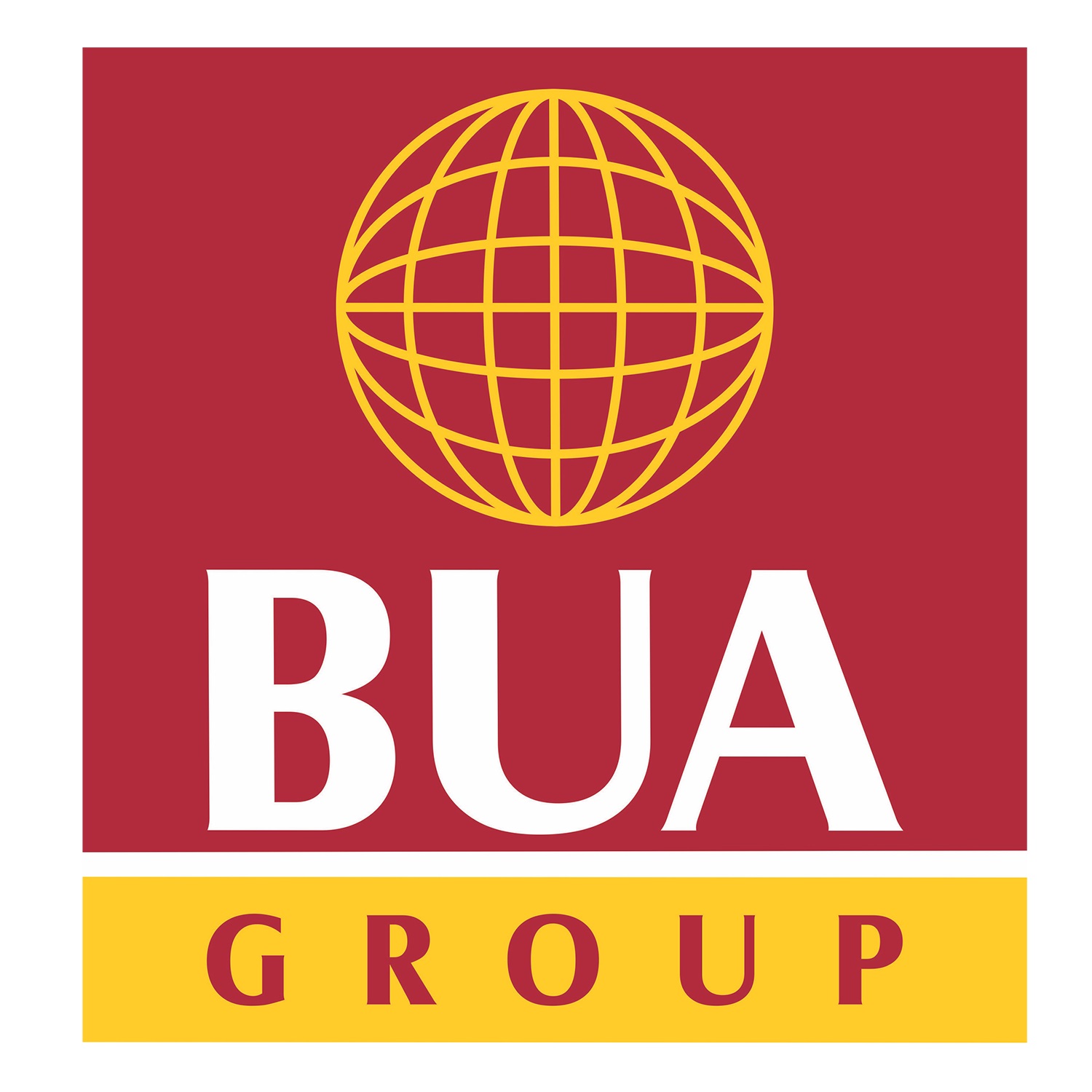The International Sales Manager, Fire Systems at Eaton Group, a global power management company, Mr. Andy Souten has given insights on how electrical fittings in housing development are regulated and monitored during every housing construction to avoid cases of default that can result to fire outbreaks.
In an interview in Lagos, he said “In the United Kingdom for instance, there are laws, regulations and standards for the design, product selection, installation and so on of electrical products and these are all very specific standards that are in place and measured at every single point”.
However, on his experience in Nigeria, he noted that “I don’t know if this is in place in Nigeria; I know there is a building code but I don’t know if there is anything specific forcing developers, owners of existing properties or aspiring builders to comply with the standards for any of these products or the selection of them”.
He said “Across Europe and the US, there are standards for every single products and their use. Switch boxes, UPS and all are manufactured with specific manufacturing approval codes. There are many products in the market, some coming from low-cost manufacturing countries that do not carry these approvals, so, it is really important to have standards on selecting these products and installing them.
On how he would advise Nigerian housing policy makers and compliance agencies, Souten said “If you look at best practices, I will use the UK as an example; there is a building code. If there is a new building to be built, the consultants and architects involved in designing that building, before even starting the foundation, they present the electrical system and selection of products”.
“So, there is a whole process that is followed, a conceptual style before the building construction commences, these things must be in place. Even when the building is completed, it cannot be opened without a fire certificate, so the building’s electrical installation system has to be tested to ensure that everything is working and if it is proved to be working, the certificate will be issued.
“Now, quite often, the fire detection system is one the last installations, because often architects and developers leave it to the last minute because they don’t really want to spend money on safety; they want to spend it on aesthetics, the kitchen, the bathrooms and the reception areas.
“But safety is important, so they are forced to put these things into the building; in the UK you have to carry out weekly tests on your fire alarm system to ensure it works. It is also required that within a six-month period, 50 per cent of all the products in the building are tested. So, you are not just testing the fire alarm, you are testing everything. The idea behind that is that you will test every part of the building and the products used to ensure that they really work.
“In Nigeria, I am not seeing the legislation or the regulation or the standards to enforce all of that process, and it needs to be in place.
On the minimum standards every building should have in terms of electrical installations and safety system, the Eaton Group representative in Nigeria averred that “Different countries have their own requirements but I will use the UK as an example. In the UK, residential dwellings such as homes for four, five or six people have no requirement for fire detection on buildings; the best practice is to install stand-alone detectors. In existing buildings, most homeowners or renters will install detectors that are not so expensive but work effectively but when you start looking at commercial buildings and residential tower buildings, there are completely different rules all together”.
Continuing, he said “Commercial buildings often have good safety system installed to protect the investment rather than the occupants, unfortunately. But the standard of protection is normally derived from carrying out a fire risk assessment. In the UK, the onus is on the occupier of the building or the owner to carry out regular safety audit of the building so they will do a fire risk assessment”.
He added that “Once the fire risk assessment is carried out, the level of protection required will be determined and often it could be done by a safety company. Many of these companies will give discount if there is a fire safety system in place and a certain level of protection; so, there are financial benefits and there are ethical reasons for doing that too”.
“Once the level of safety required is determined, then a consultant will do a design and a manufacturer will help with the product selection and then install products.









